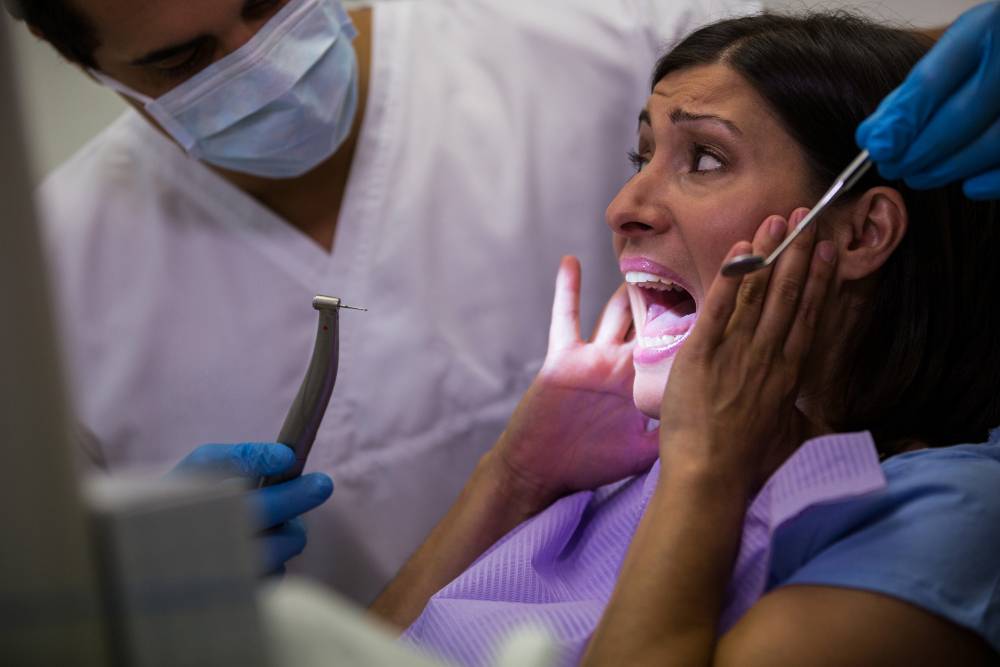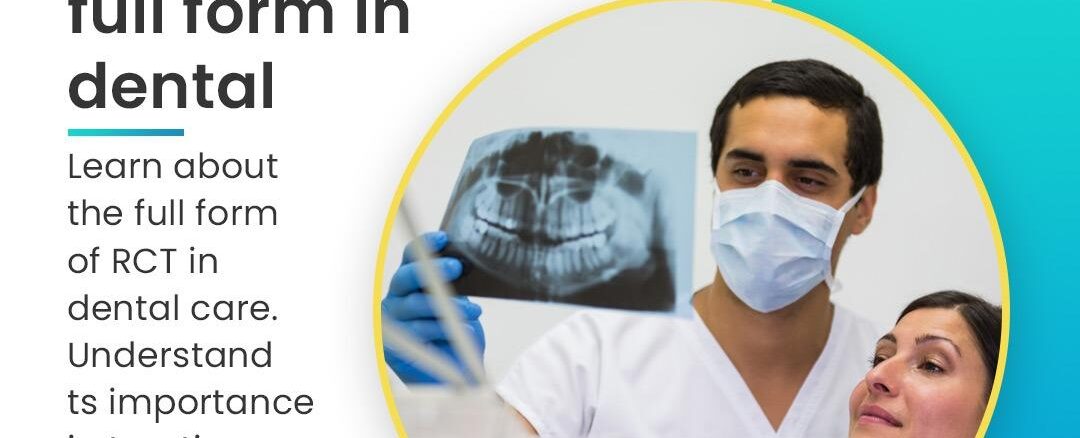- March 12, 2024
- Comment: 0
- Blog
What is the RCT full form in dental - Finesse Dental Clinic
Root Canal Treatment (RCT) is a common dental procedure aimed at saving and preserving natural teeth. It involves the removal of infected or damaged pulp from within the tooth, followed by cleaning, disinfection, and sealing to prevent further infection. Understanding RCT is essential for maintaining good dental health and preventing tooth loss.
What is RCT?
Root Canal Treatment, commonly known as RCT, is a dental procedure performed to treat infections or damage to the pulp, which is the innermost layer of the tooth. The pulp contains nerves, blood vessels, and connective tissue, and when it becomes infected or damaged due to decay or trauma, it can cause severe pain and lead to tooth loss if left untreated.

Procedure of Root Canal Treatment (RCT)
The RCT procedure typically involves several steps:
- Examination and Diagnosis: The rct specialist assesses the tooth’s condition using X-rays and clinical examination to determine the extent of damage and whether RCT is necessary.
- Access Opening: The dentist drills a small hole in the tooth to access the pulp chamber and root canals.
- Removal of Infected Pulp: The infected or damaged pulp is carefully removed from the tooth’s root canals using specialized instruments.
- Cleaning and Disinfection: The root canals are cleaned, shaped, and disinfected to remove any remaining bacteria and debris.
- Sealing: The cleaned root canals are filled with a biocompatible material called gutta-percha, and the access opening is sealed to prevent reinfection.
- Restoration: After RCT, the tooth may require a dental crown or filling to restore its strength and functionality.
Understanding the Full Form of RCT
The full form of RCT in dental care is Root Canal Treatment. It is also referred to as endodontic therapy, as it focuses on treating the inside of the tooth, specifically the root canal system. RCT is a crucial dental procedure for preserving natural teeth and alleviating pain caused by tooth infections or trauma.
Understanding the outcomes of root canal treatment in dental care is essential for patients considering this procedure to address their dental issues effectively and maintain optimal oral health. Through RCT, patients can experience relief from pain, preserve their natural teeth, prevent further dental complications, and restore the functionality and aesthetics of their smiles.
Importance of RCT in Dental Care
Root Canal Treatment plays a vital role in dental care for several reasons:
- Preservation of Natural Teeth: RCT allows patients to retain their natural teeth, avoiding the need for extraction and preserving the overall structure of the mouth.
- Treatment of Tooth Infections: RCT effectively eliminates infection from within the tooth, preventing it from spreading to surrounding tissues and causing further damage.
- Prevention of Further Dental Complications: By removing infected pulp and sealing the tooth, RCT helps prevent future infections and complications, such as abscesses or gum disease.

Common Misconceptions About RCT
Despite its benefits, there are some misconceptions surrounding RCT, including:
- RCT is Painful: With modern techniques and anesthesia, RCT is relatively painless and can provide relief from toothache.
- RCT Weakens the Tooth: RCT actually strengthens the tooth by removing infection and reinforcing it with a filling or crown.
- Extraction is Better Than RCT: Saving natural teeth through RCT is preferable whenever possible, as it helps maintain oral health and function.
Root Canal Treatment (RCT) is a valuable dental procedure for treating infected or damaged teeth and preserving natural smiles. By understanding the importance and process of RCT, patients can make informed decisions about their dental health and enjoy the benefits of a pain-free smile for years to come. If you’re experiencing tooth pain or discomfort, consult with a qualified dentist to determine if RCT is right for you.

